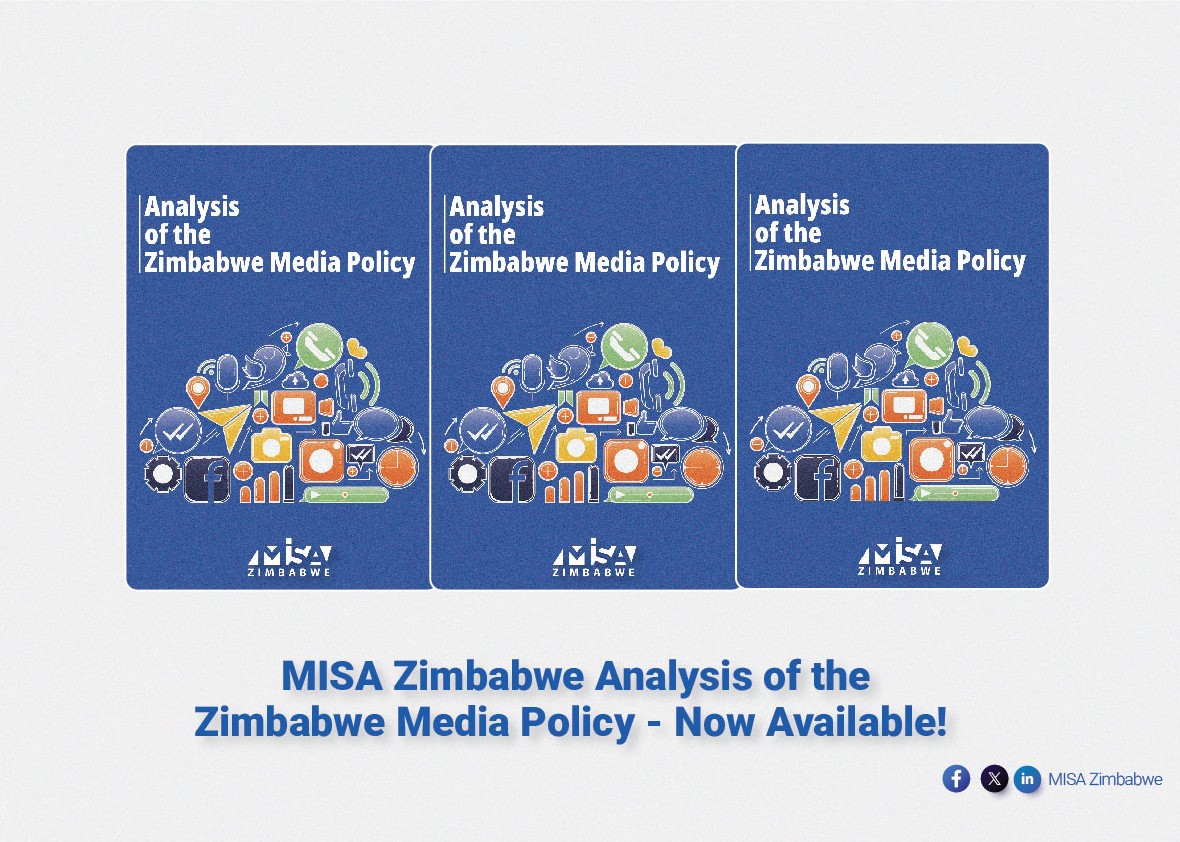Introduction
On 28 May 2025, Zimbabwe launched the Zimbabwe Media Policy, with President Emmerson Mnangagwa urging government ministries, business entities, professional bodies, cultural and artistic groups, and media practitioners to unite in ensuring the realisation of the policy’s objectives.
The media’s vital role was recognised for its power to inform, educate, and empower citizens, driving national development, promoting transparency, predictability, and accountability, and uniting people behind national goals.
Strategic Pillars
The Policy aims to promote an environment that supports access to information and fosters the growth of a competitive and innovative media industry. It is founded on six strategic pillars designed to cultivate a vibrant, diverse, and independent media sector.
These include economic sustainability, which aims to revitalise the sector’s financial health through diversified revenue streams, establishment of a Media Fund, and exploration of alternative income sources.
The pillars are:
- Economic Sustainability, addressing the pressing need to revitalise the media sector’s financial stability, which is threatened by declining advertising revenues, shift towards social media, and the struggles of print media, exacerbated proliferation of free online content and newsprint shortages.
- Digital Transformation and Innovation, addressing digital challenges and fostering innovation.
- Media Development and Capacity Building, focusing on supporting community radio and freelance content creators.
- Media Sovereignty and Regulation, seeking a balanced regulatory framework.
- Access to Information and Knowledge, promoting inclusive access to information. and local content promotion, which aims to champion local narratives and counter foreign media dominance.
- Local Content Promotion, seeks to address challenges such as funding constraints, limited producer capacity, the dominance of foreign content, and inadequate regulatory framework.
The Zimbabwe Media Policy framework is also set to address various general policy issues, including the development of comprehensive codes of standards, a legal framework to regulate the media, and measures to prevent sexual harassment in media houses.













